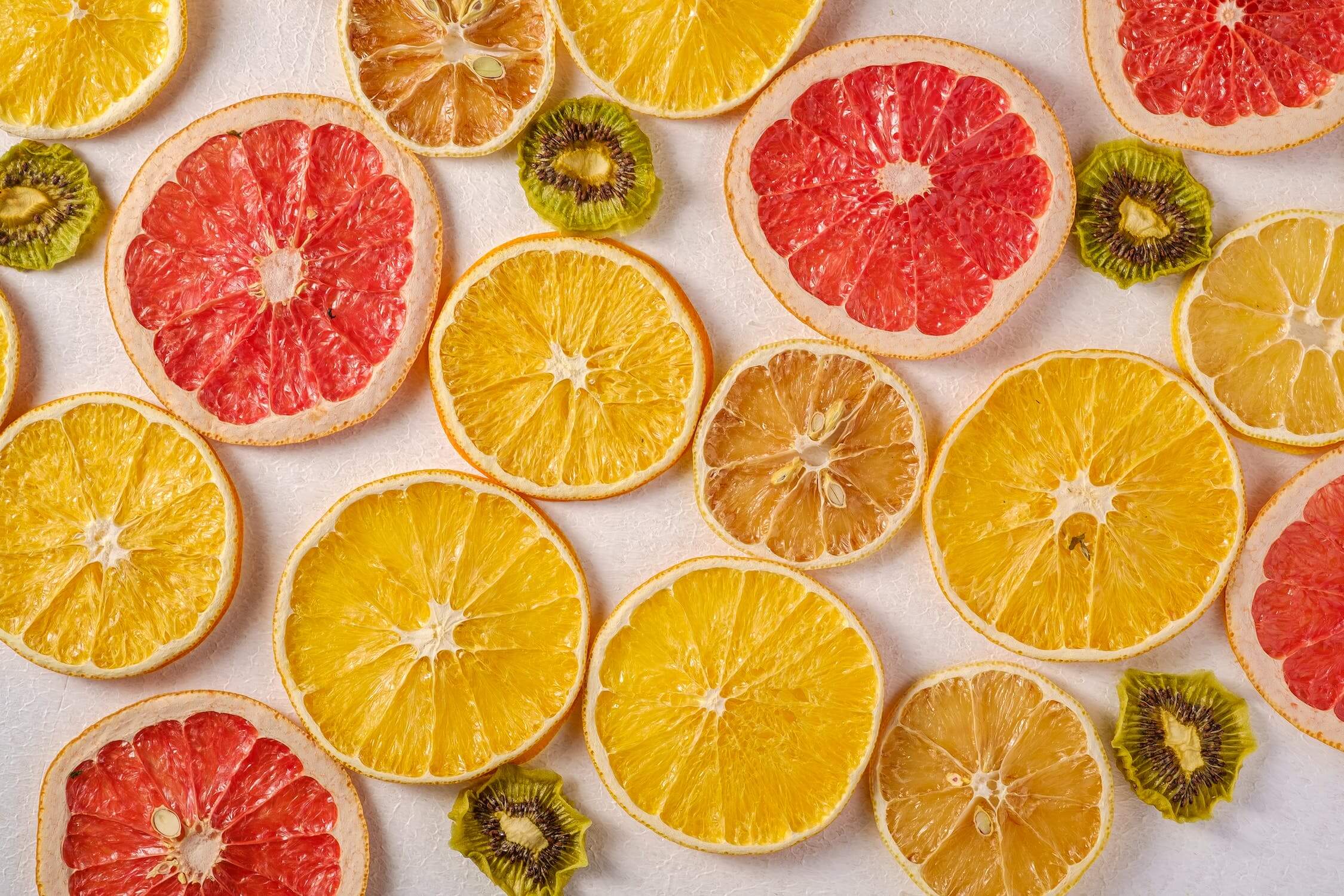Food preservation offers the advantage of ensuring that foods are available all year round. It’s economical and saves preparation time since food has already been processed. Freeze-dried products are becoming more popular nowadays due to their shelf-life and portability. But is freeze-dried food healthy?
This question is vital since people commonly associate food processing with added sugars and chemical additives, which are linked to poor health outcomes [*]. However, research tells us that while freeze-drying creates convenience, the foods produced are actually high in quality. Here’s what you need to know.
Are Freeze-Dried Foods Healthy?
Yes, eating freeze-dried food can be part of a healthy diet. Freeze-dried food is also healthy in and of itself since freeze drying retains about 97% of the nutrients in food and valuable plant compounds [*]. Examples of these plant compounds include flavonoids and carotenoids, which possess antioxidant activity [*].
This goes to show that not all preserved foods are detrimental to your health. Aside from the high nutritional value of freeze-dried foods, freeze drying itself does not require the use of additives or preservatives, such as monosodium glutamate (MSG), salt, sugar, and sodium nitrite.
For example, if you want to freeze dry ground beef, you’ll only need to cook it, drain the grease from the beef, then place it in a freeze dryer. Now, you have a nutrient-dense food rich in protein and B vitamins that will last for months — even years if properly sealed and stored! Other healthy freeze-dried food options include vegetables, fruits, eggs, seafood, and dairy.
Does Freeze-Dried Foods Lose Nutrients?
The short answer is yes, nutrient losses may occur during the freeze drying process, although this is minimal compared to other techniques like air drying and spray drying. These drying methods tend to be more damaging and cause quality problems in food, which makes freeze drying “the best food dehydration method” [*].
It’s interesting to note that while a small number of nutrients can be lost — for example, vitamin C in blueberries — in some cases, freeze drying may actually boost the concentration of phytochemicals in certain fruits [*].
Freeze drying coffee beans has also been shown to increase their phenolic acids by 40% [*]. Phenolic acids, which are found not just in coffee but also in tea and spices, help reduce inflammation and protect against cell damage [*].
Is Freeze-Dried Food Good for You?
Freeze dried food nutrition is superior to other dried products, plus it extends the shelf life of food to 25 years or more. So, yes, these foods are a great addition to your diet. This is especially true when you’ve run out of fresh foods or you’re too busy to cook a meal.
Imagine this situation: It’s 5:00 pm and you’re already feeling very hungry. Instead of making dinner from scratch, you’ll simply need to rehydrate the freeze-dried foods you’ve stocked (e.g. potatoes and steak) for a few minutes. They will look and taste as good as they did before you freeze-dried them.
Can You Eat Freeze-Dried Foods Everyday?
Yes, you can consume freeze-dried foods on a regular basis. This includes freeze-dried meals, and individual foods like veggies, fruits, and snacks (e.g. cheese bites and yogurt bites).
However, this is not a realistic scenario except for emergencies and natural disasters that affect food supply. During crises, freeze-dried foods can be prepared quickly by rehydrating them with cold or hot water.
Summary
Overall, freeze-dried foods can definitely support good health. Most nutrients remain intact and there are instances where a fruit’s phytochemical concentration increases due to freeze drying. If you’re taking steps toward a healthier lifestyle, keep in mind to prioritize nutrient-dense foods, which include fresh options and their freeze-dried counterparts (made only with real ingredients).
For more information about freeze drying, check out this page. Feel free to contact us at 973-649-9800 or info@empiredrying.com for freeze drying service inquiries.



